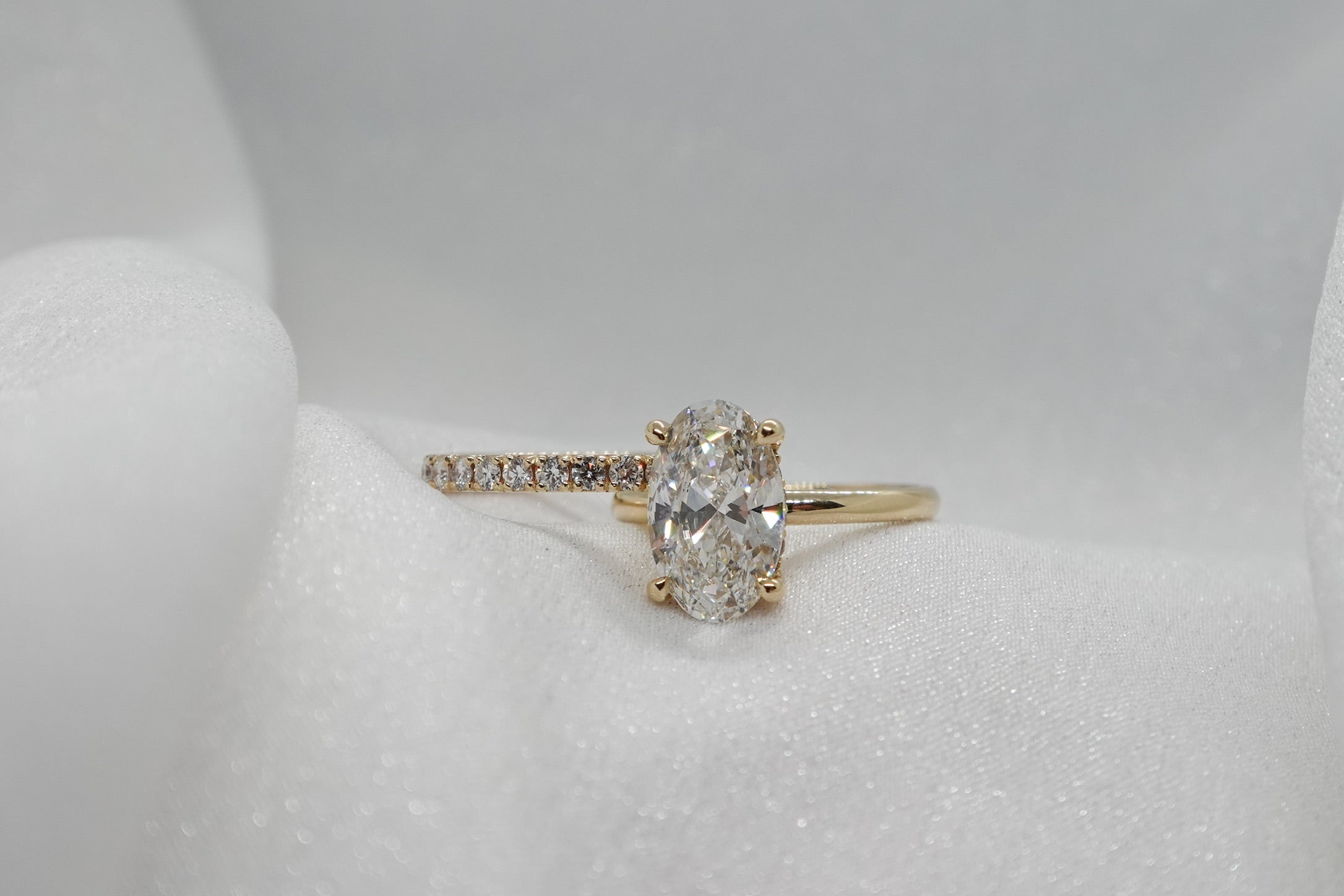
Timeless. Tailored. Truly Yours.
A private gold atelier for the refined pursuit of luxury.
Are you looking to create a fine jewellery piece?
Now Accepting Custom Projects for August 2025

#1
15min Discovery Call
For the few who desire diamonds, privately and perfectly made - I'd be honoured to learn exactly what you desire and discuss how we can make it happen. Every client is personal to me - YOU will get my very best.
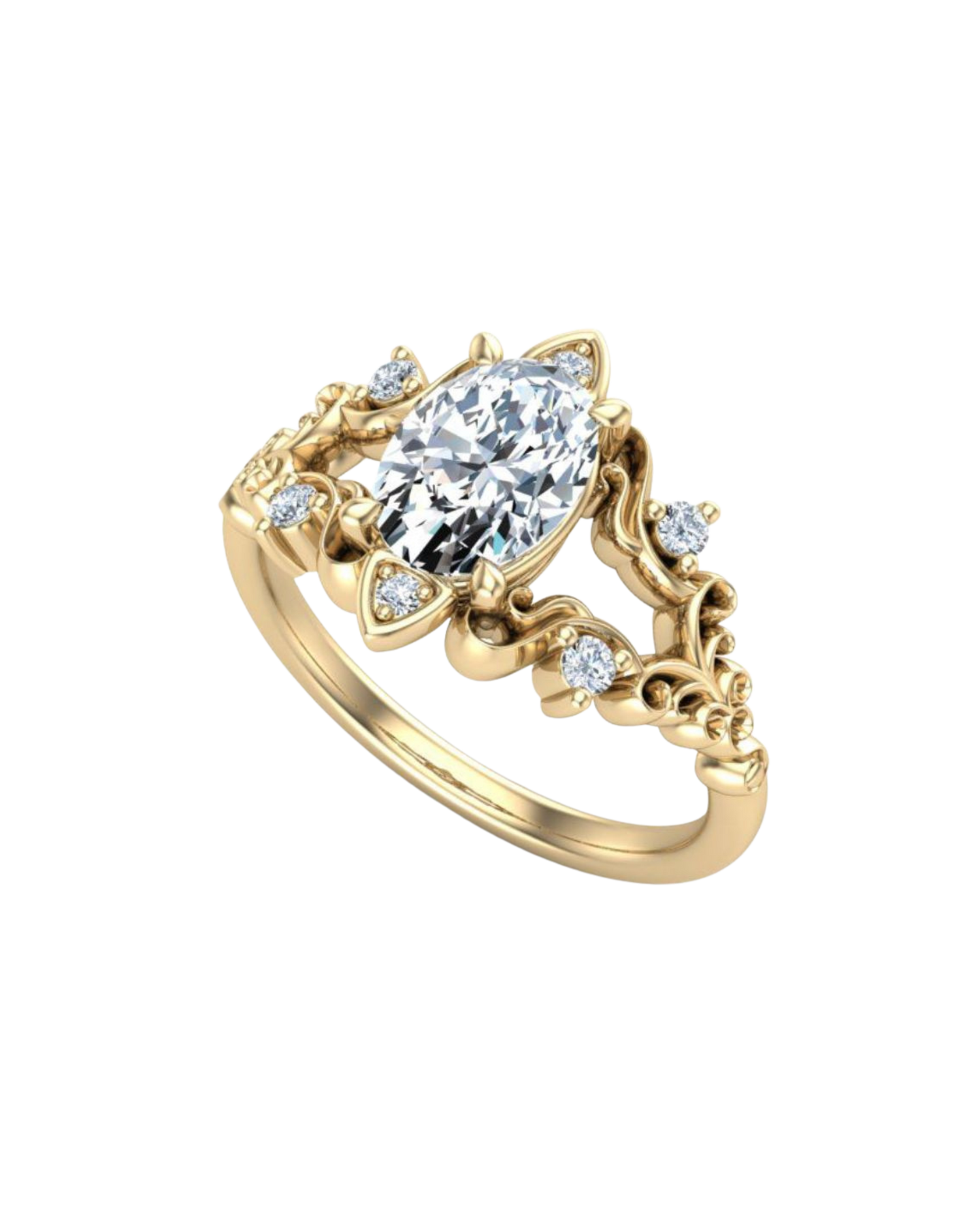
#2
Design
You will receive a detailed 3D design of your jewellery piece for your review before production starts. Stones are sourced according to your design requirements and your budget.
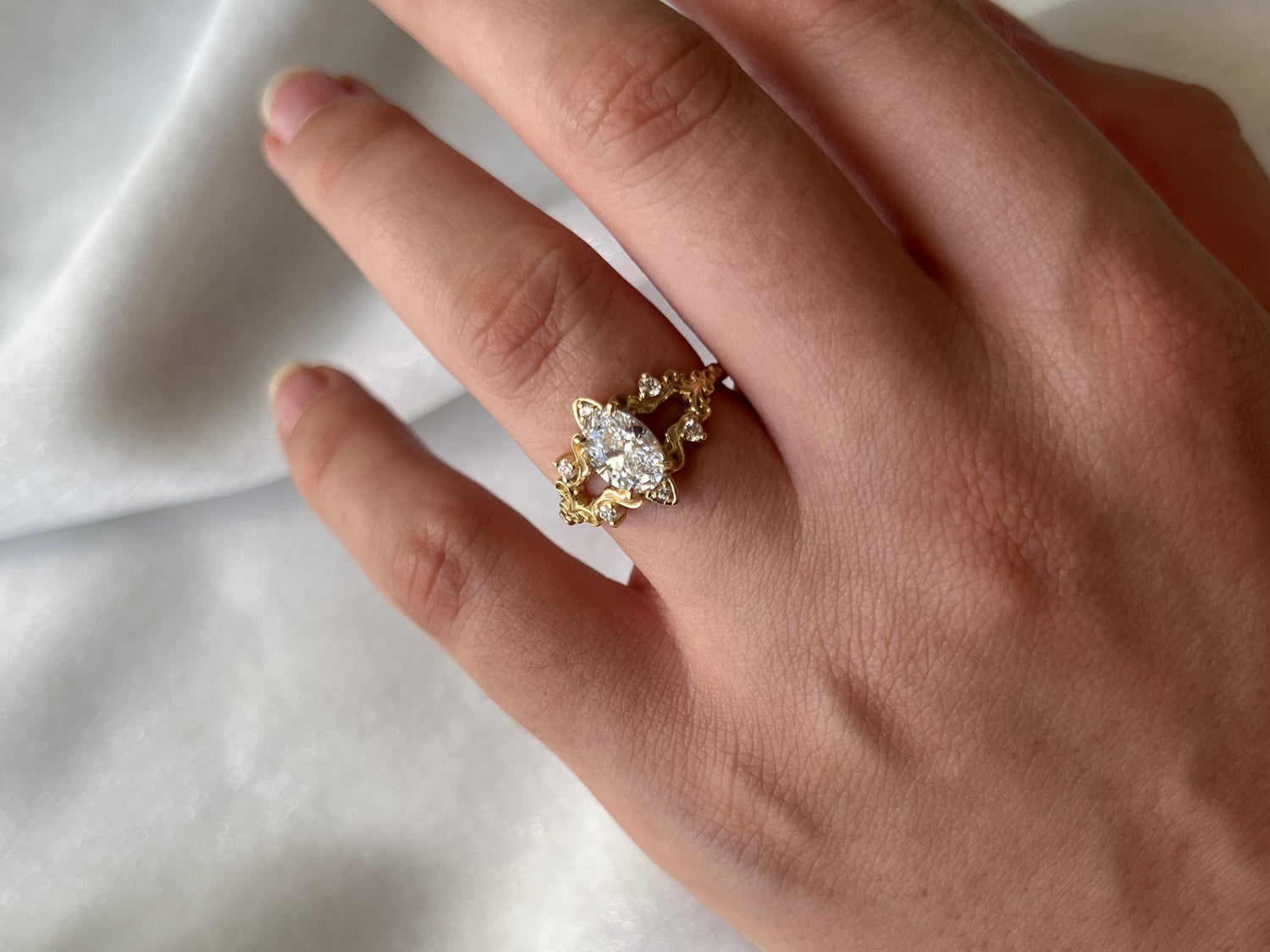
#3
Final Product
Within 14-21 working days, depending on the scale of the project, you'll receive your dream in gold, or whatever precious metal you desire.
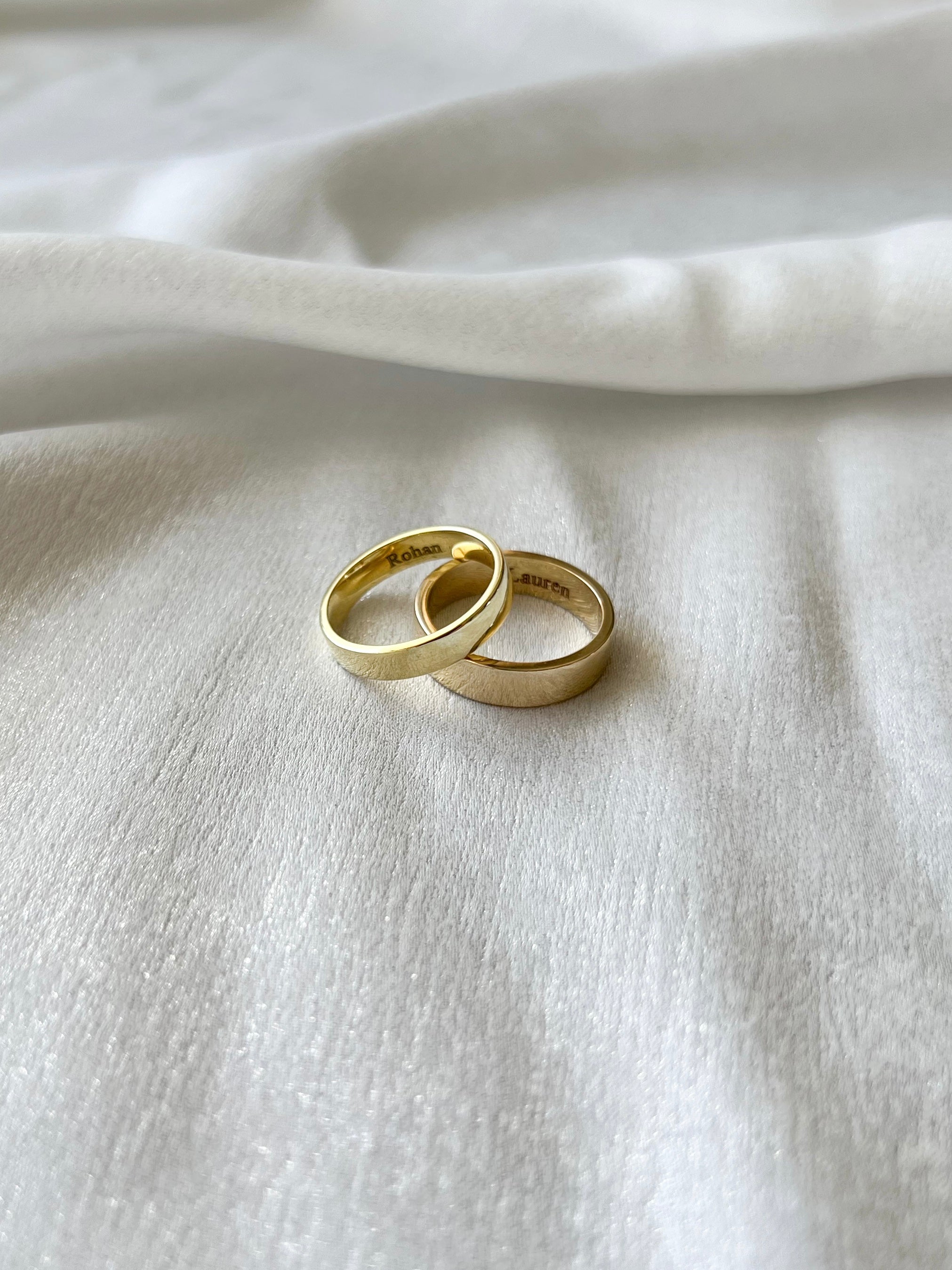
Engagement Rings & Wedding Bands
With expert guidance and a deep appreciation for meaningful details, we design and craft rings that capture the essence of your covenantal love. We listen carefully to your preferences and create a design that perfectly complements your style, whether it’s a simple gold band or something one-of-a-kind.
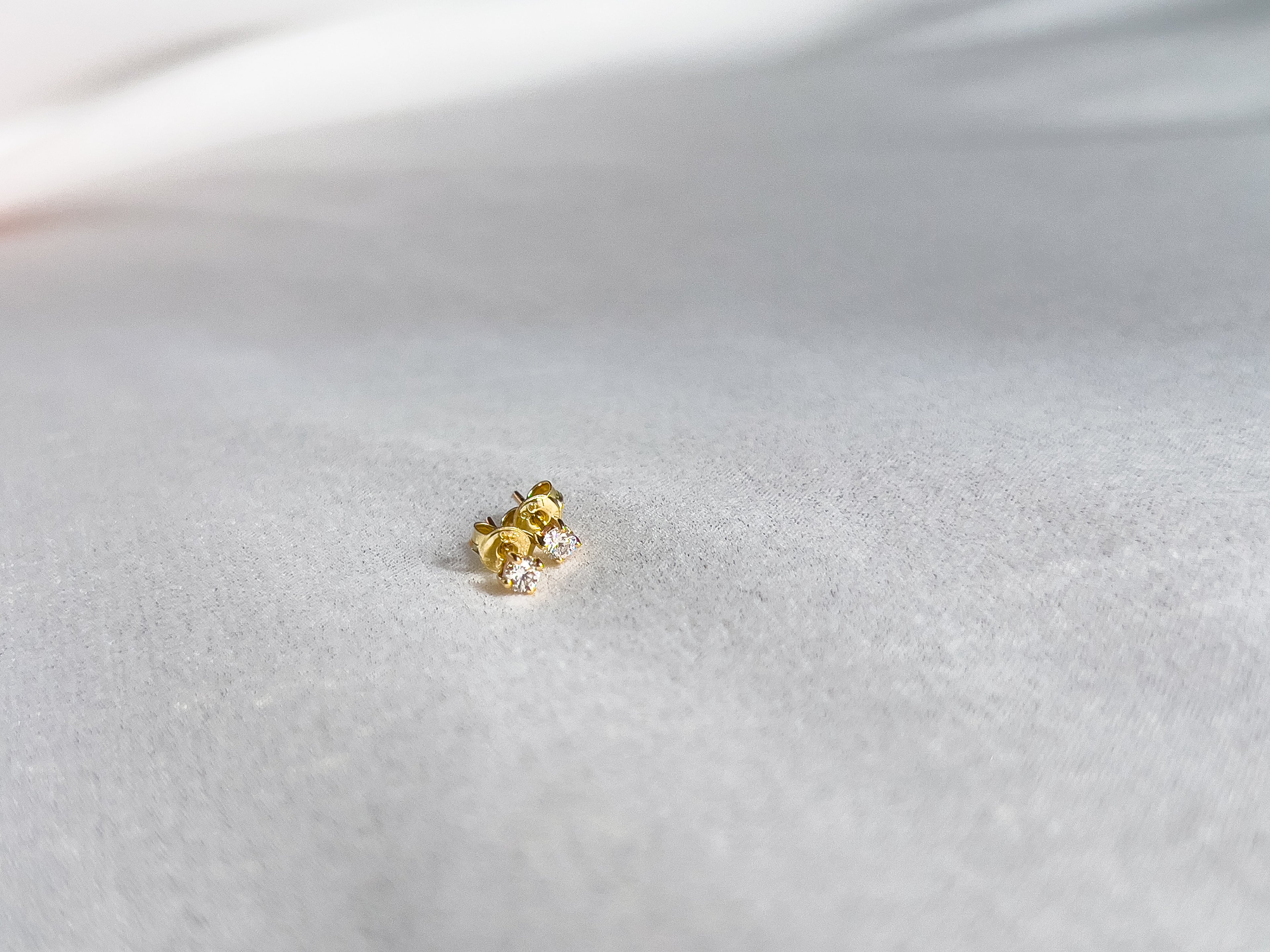
Earrings & Pendants
If you can dream it, we can create it. Sometimes, the perfect pair of earrings is more than just jewellery—it’s an expression of who you are. While most of our pieces are designed and crafted in-house, we also offer select wholesale options for those seeking specific styles. No matter the path, we ensure it holds meaning and reflects the significance behind it.
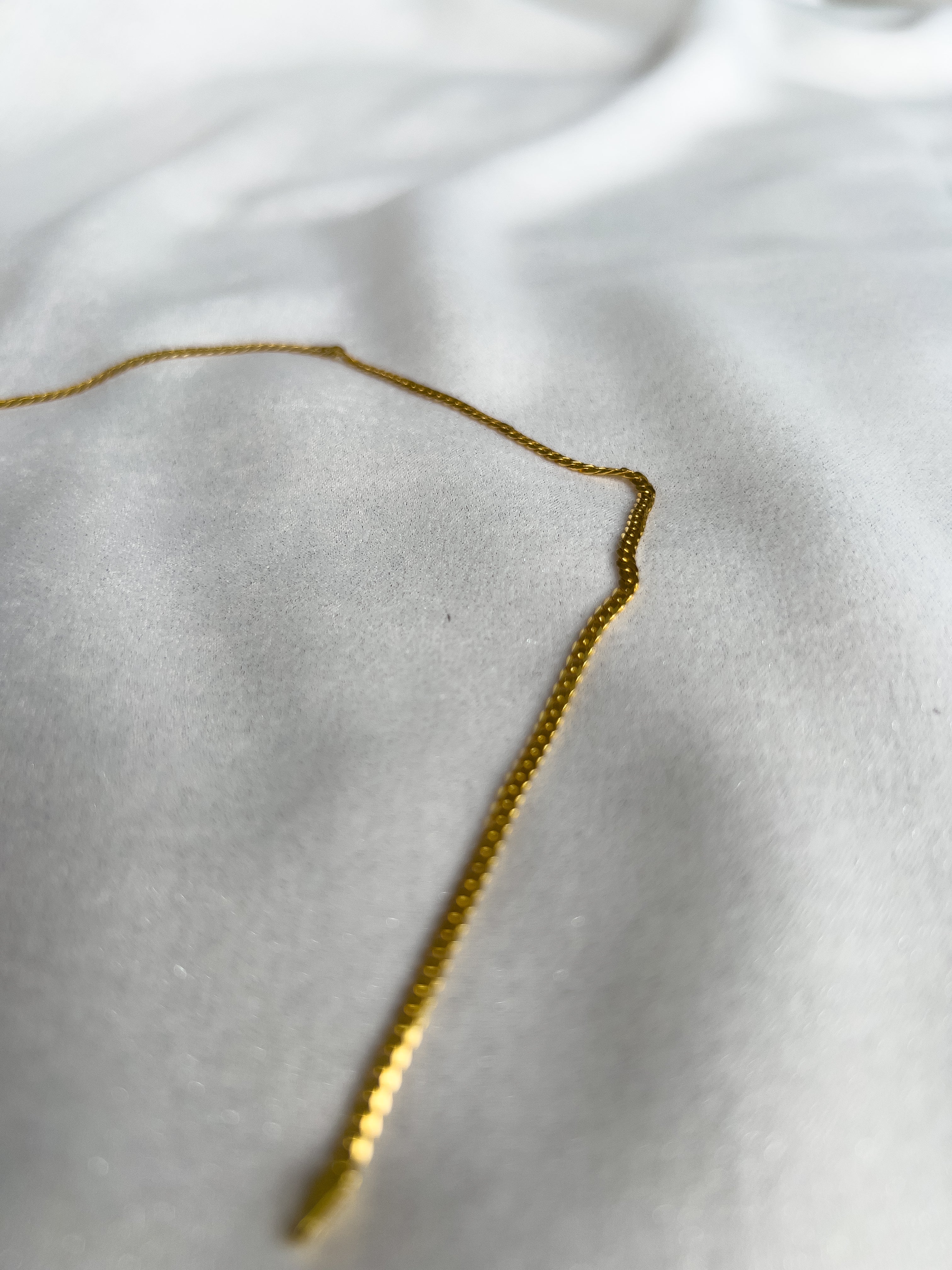
Chains & Other
Our process begins by sourcing exactly what you’re looking for—whether it’s a gold chain or a specific bracelet. If what you seek isn’t available, we’ll work closely with you to design and create a bespoke piece that matches your heart’s desire.
FAQ
Where can I view your diamonds?
We don’t have a physical showroom, as we operate entirely online and source diamonds from around the world for each custom jewellery piece. Each stone is hand-selected based on your preferences and budget.
However, you can browse a selection of the diamonds we have access to directly on our website.
How much does an engagement ring cost?
The price of a gold engagement ring with a diamond can range anywhere from R16,000 to R300,000 or more. The final cost depends on factors such as the purity of the gold, the size and quality of the diamond(s), and the complexity of the design. Each ring is custom-made, so we work with you to create something beautiful that fits your budget.
What is a good budget to have?
A good budget to consider is R18,000 to R20,000 for a 14k - 18k gold engagement ring featuring a 1ct - 1.5ct lab-grown diamond of good quality. This range gives you flexibility to choose a larger stone or a more detailed design with small diamonds while still ensuring excellent value.
Is a diamond’s size or quality more important?
Both size and quality play crucial roles in determining a diamond's value. Depending on your preferences and budget, a smaller, high-quality diamond might be equivalent in price to a larger, lower-quality stone.
Why are natural diamonds more costly?
Natural diamonds tend to be pricier than lab-created diamonds due to the extensive and resource-intensive process required to mine them and prepare them for the market. Their rarity and the limited natural supply also contribute to their higher cost.
Do natural diamonds appreciate in value?
Natural diamonds can maintain their value and potentially appreciate over time, making them a significant asset if you're considering upgrading, selling in the future, or passing them down as an heirloom.
What exactly are lab-created diamonds?
Lab-created diamonds are crafted in a controlled environment using advanced technologies that replicate the natural diamond formation process. The primary methods used are Chemical Vapor Deposition (CVD) and High Pressure High Temperature (HPHT), both of which produce high-quality diamonds identical to natural ones in a fraction of the time.
How can I differentiate between a natural and a lab diamond?
Lab-created diamonds share the same physical, chemical, and optical properties as natural diamonds. The main difference is that natural diamonds contain trace amounts of nitrogen, while lab-created ones do not. Specialized gemological equipment is necessary to distinguish between them, though checking the certification can also reveal a diamond's origin, as reputable jewellers will indicate whether a diamond is natural or lab-created.
What defines conflict-free diamonds?
Conflict-free diamonds are those mined and shipped without any ties to rebel movements or conflicts. We ensure all our diamonds are mined and processed responsibly, surpassing standards set by the Kimberley Process, the Patriot Act, and other measures designed to prevent the illicit diamond trade.
What is GIA certification?
GIA certification involves a detailed analysis by the Gemological Institute of America, which provides a comprehensive evaluation based on the 4Cs—color, clarity, cut, and carat. This certification confirms the authenticity of the diamond and helps ascertain a fair price and is the industry's highest sought after certification for natural diamonds. IGI tends to be the most sought after lab diamond certification since they've been grading lab diamonds for much longer than GIA.
Should I purchase a certified diamond?
Yes, opting for a diamond certified by a third-party lab like GIA or IGI is recommended if you value quality and wish to make an informed purchase. These labs are independent and provide reliable assessments of a diamond's quality and authenticity.
What is the ideal diamond shape?
Diamond shape is largely a matter of personal preference. While round diamonds are traditionally favored for their classic appeal, other shapes like pear, marquise, or oval can offer a unique look. Shapes like the princess cut provide a modern feel with their clean lines and sharp angles. Choose a shape that best suits the wearer's personality and style.
Why do diamonds appear in different colors?
Diamond colors can vary due to the presence of certain chemical impurities like boron, sulfur, and nitrogen. These elements give rise to a range of colors, from the more common yellow and brown to rarer hues like blue, green, and red.
Can real diamonds break?
Despite being the hardest natural substance on Earth, diamonds can still break under severe impact. It's advisable to avoid wearing diamonds during activities that could expose them to harsh impacts.
Be the first to know about new features and exclusive offers!
Online & Appointment-Based
Although we’re based in Cape Town, South Africa, Buy Diamonds is a fully online, appointment-based business. To ensure a seamless and personalized experience, we work strictly by bookings only. This means we do not take orders via DMs or email — every project begins with a quick 15-minute online discovery call to understand your needs and vision.
We do not have a physical showroom or ready-made stock to browse. All our diamonds and fine jewellery are sourced or crafted to order, allowing us to focus on custom pieces that reflect what your heart truly desires.
